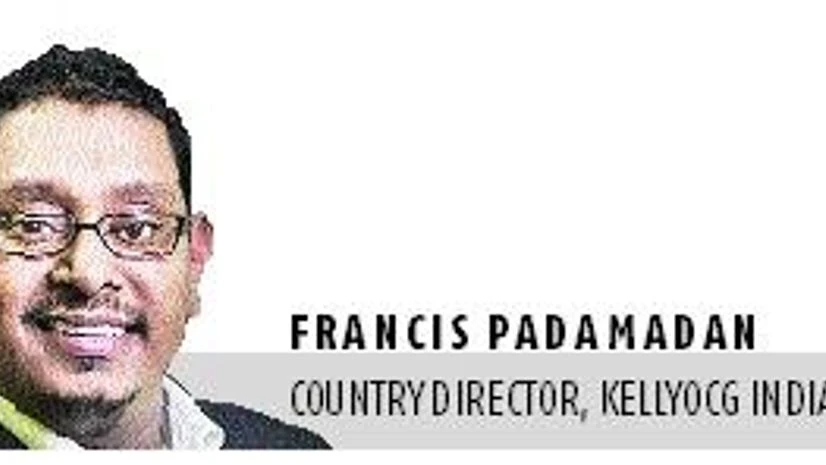2017 was the year of the paradox as HR leaders spoke about lack of talent and redundant job profiles in the same breath. As 2018 dawns upon us, it is critical to talk about the changing HR landscape and point out the top trends for the year.
Outsourcing as panacea for hiring challenges: As HR becomes part of business strategy right from the development stage, CHROs will look to outsourcing recruitment to optimise costs. The goal will be to retain only strategic functions internally while functions like screening of candidates can be outsourced. Global In-house Centers for Fortune 500 firms in India have perfected this strategy and are reaping rich dividends. For instance, a Big Four global bank has completely outsourced its recruitment while it focusses on enhancing its employee value proposition (EVP). Going ahead, large armies of talent acquisition teams will be thing of the past even in traditional sectors like automobiles, manufacturing, banking and IT as they too will embrace recruitment process outsourcing (RPO).
HR leaders will also turn their attention to enhanced candidate experience (CX) as an employer branding exercise. A few tech firms in India have already taken steps in this direction as they have brought in process RPO experts to augment CX in areas of on-boarding, candidate selection and performance management of employees. Outsourcing will emerge as an elixir for talent challenges.
Adoption of wider workforce mix: The thing about lack of talent is that organisations are battling to grab the same set of potential employees. This, at a time when more graduates flood the market seeking jobs while niche or specialist talent become more and more passive. So how can CHROs fight this challenge in 2018? Organisations need to realise they can no longer cling to obsolete strategies of hiring permanent employees. The trick is to widen the talent pool by adding consultants, freelancers, boomerangs, retirees and online talent communities to the mix.

More From This Section
In a recent survey by KellyOCG, Workforce Agility Barometer Report, 68 per cent of C-suite leaders across Asia recognised that a contingent workforce gave them access to specialist skills and expertise that lie outside of the organisation. So, flexible work arrangements will become commonplace in 2018 besides permanent employees. The survey also points to this trend as about 71 per cent CXOs in India said they expect to maintain or grow their percentage of contingent workers in the next two years. By expanding their workforce mix, HR leaders can also mitigate business and compliance risks while strengthening productivity.
However, merely adopting contingent workforce strategies will not suffice. Another HR megatrend we are likely to witness in 2018 will be the adoption of talent supply chain management strategies. Organisations will implement the principles of supply chain management to talent to maintain a steady supply of desired workforce while cutting down drastically on time to hire.
Digital recruitment will become ubiquitous: Digital technologies, be it chatbots powered by artificial intelligence platforms, video interviews, sourcing tools and people analytics, will be on the rise in 2018. Organisations will increasingly deploy these technologies to improve CX and to manage online talent communities. These technologies will also be interwoven into EVP strategies of HR leaders.
Already, a few large IT companies are leveraging tools for sourcing, personalisation, screening and matching talent. They are also using third-party apps for employee references to internal job postings. A financial services company in India is using complex ranking algorithms to uncover best suited candidates and to predict dropouts.

)
